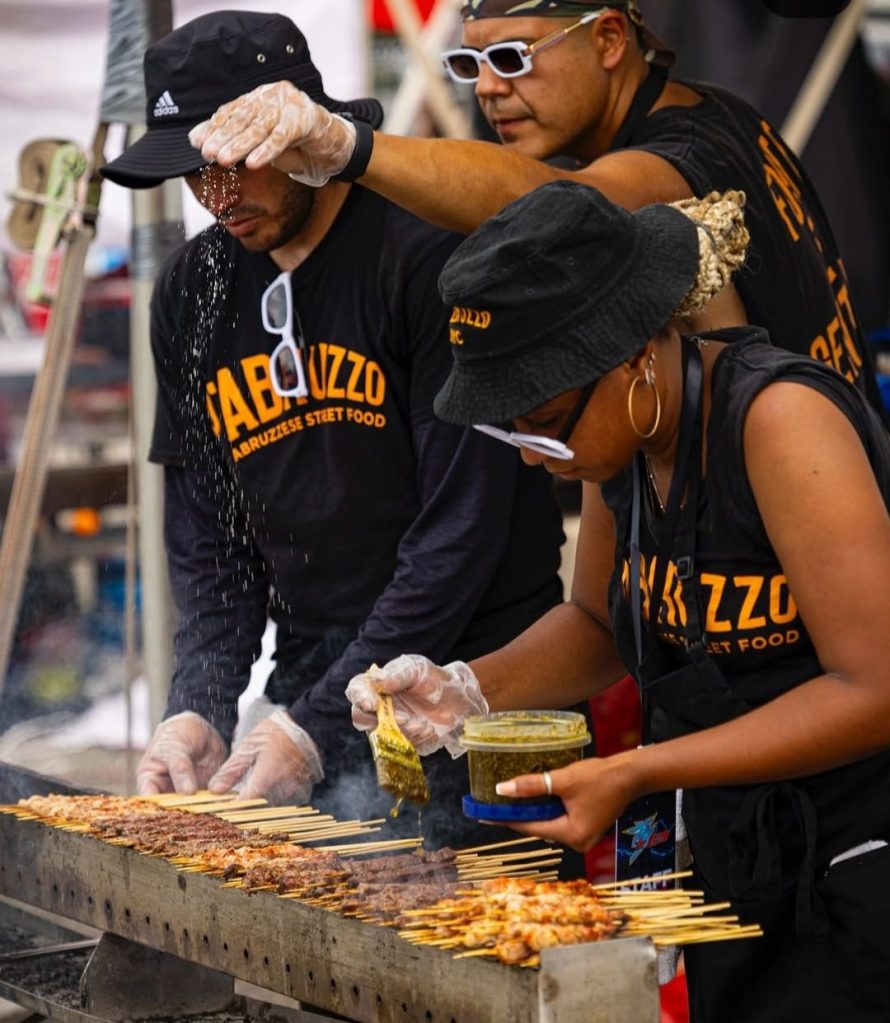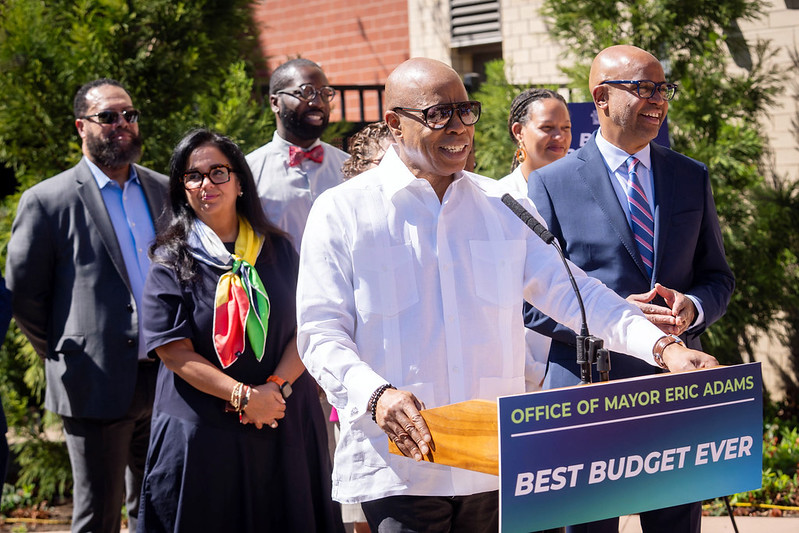Less than a week after the commissioners of the Department of Buildings (DOB) and Mayor’s Office of Immigrant Affairs (MOIA) trumpeted the accomplishments of the city’s Scaffold Worker Safety Task Force, a Queens man plummeted 12 stories to his death while working on a scaffold in Brooklyn.
Jose Palacios, 43, a father of three whose family lives in Mexico, died on Wednesday, January 30 from injuries he suffered after a high gust of wind caused him to fall from the scaffolding on Clinton Avenue.
“He was practically like a father to me,” said his niece, Jasmine Solis, whom Palacios lived with in Astoria for three years. “He was always happy, and he helped everyone who needed it.”
Palacios, who came to the U.S. nearly four years ago to help make a better life for his family, worked various construction jobs, including brick-laying and stucco, during his time in New York.
“He was a good friend of mine, a great person,” said Jonathan Mieto, one of Palacios’ nephews. “He cracked jokes, was friendly with everyone and was a very hard worker.”
Relatives said that Palacios was planning to return to Mexico at the end of this year.
“He was always in contact with his family in Mexico,” Solis said.
Two other workers experienced injuries while working at the Brooklyn site. Earlier that day DOB officials issued a warning to contractors about high winds affecting the area.
Currently, there is a stop work order in effect at the Brooklyn building while DOB officials investigate whether safety requirements for the scaffold were in place at the time of the incident.
One week earlier, DOB Commissioner Patricia Lancaster and MOIA Commissioner Guillermo Linares joined workers at a Bronx site frequented by day laborers to deliver a progress report on the nearly year-old Scaffold Worker Safety Task Force, which Mayor Michael Bloomberg adopted to increase the safety of scaffold workers after a high number of related injuries and deaths.
“I am pleased to report that our hard work is starting to pay off,” Lancaster said. “Suspended scaffold-related accidents on construction sites decreased by 52 percent over the last year, from 25 in 2006 to 12 in 2007. With the proper protocols in place, we can demand that contractors and riggers provide a safe working environment for those who are building and maintaining our city.”
Since May of 2007, the task force has implemented 12 of its 13 recommendations including the formation of a buildings scaffold team, joint inspections by DOB and Occupational Safety and Health Administration (OSHA) officials and adopting new legislation to increase the penalties for scaffold safety violations.
However, Oscar Paredes, the founder of the Latin American Workers Project (LAWP) - a community-based organization started in 1997 and dedicated to securing better living and working conditions for day laborers throughout the city - said he was disappointed with the task force and believed Friday’s event was nothing more than the agencies trying to get good press.
“They [DOB and MOIA] want to demonstrate in the media that they do something, but it’s not enough,” Paredes said.
Paredes said there are many times when workers suffer injuries working on buildings, and he has to inform the DOB just to get an inspector to visit the site.
Meanwhile, Paredes also took issue with the commission charged with studying the feasibility of job centers for day laborers throughout the city, and their lack of a report.
Bloomberg signed legislation to form the commission, which is chaired by Linares, in October of 2005, and he asked it to file a report with the mayor and city council within nine months. No report or timetable for the report has been given.
“Every week workers pass away and we don’t hear anything about the commission,” Paredes said. “How long are we going to continue to see workers pass away?”
Paredes believes that a site between 65th and 74th Streets along Roosevelt Avenue is currently the most popular spot for day laborers in the city, and believes job centers are necessary to prevent injuries.
“The job center is going to be the place to educate the workers and develop leadership in the workers to help them work in better conditions,” Paredes said.
Noah Rosenberg contributed reporting to this article.































